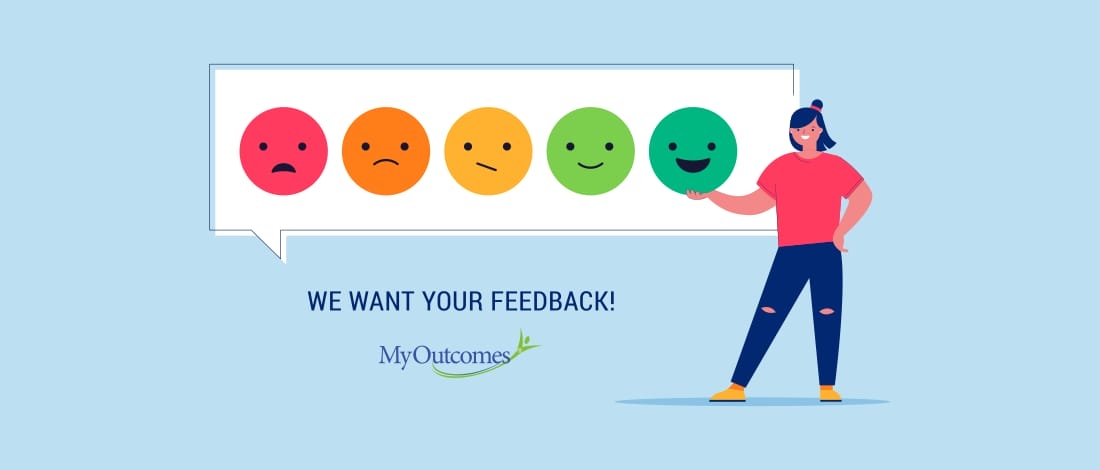In the vast realm of mental health care, feedback is a cornerstone. Therapists and counselors rely on feedback from clients to gauge the effectiveness of treatments, adjust therapeutic strategies, and ultimately help clients achieve their goals. But are all types of feedback equal? More importantly, are you, as a mental health professional, getting the right kind of feedback? Let’s delve deeper into the nuances of client feedback and understand its significance.
The Different Facets of Client Feedback
Emotional Feedback: This often comes in the form of clients’ non-verbal cues – their body language, tone of voice, or facial expressions. It provides insights into how clients feel during sessions.
Direct Feedback: This is straightforward – it’s what clients tell you. Whether it’s how they felt about a particular session or their thoughts on a therapeutic exercise, direct feedback is verbal and explicit.
Indirect Feedback: Sometimes, clients might not communicate explicitly. For instance, missed sessions or reluctance to engage in certain activities can be subtle indicators of their comfort or satisfaction levels.
The Importance of Structured Feedback
While all feedback forms are essential, relying solely on ad-hoc feedback can lead to skewed perceptions. That’s where structured feedback tools, like outcome measures, come into play. They provide a standardized way to collect, analyze, and interpret client feedback, ensuring therapists and counselors receive comprehensive and objective insights.
Benefits of the Right Kind of Feedback
Tailored Interventions: Accurate feedback enables therapists to modify their approaches based on individual client needs, making sessions more productive.
Improved Therapist-Client Relationship: When clients feel heard and see their feedback being implemented, it fosters trust and strengthens the therapeutic alliance.
Avoiding Premature Termination: Addressing concerns early, based on client feedback, can prevent potential dropouts, ensuring continuity of care.
Professional Growth: Feedback is not just beneficial for clients; it’s a learning tool for therapists. It highlights areas for improvement and showcases strengths, paving the way for professional development.
Making the Most of Client Feedback with MyOutcomes
MyOutcomes takes feedback to the next level, offering therapists and counselors a sophisticated platform to capture, analyze, and leverage client feedback. With features tailored to the needs of modern mental health professionals, it’s an invaluable tool for those aiming to provide client-centered care.
In Conclusion
Client feedback is more than just words – it’s the compass guiding the therapeutic journey. By ensuring we, as therapists, are attuned to the right kind of feedback and have the tools to make sense of it, we can significantly enhance the therapeutic experience for our clients and ourselves.
Incorporating feedback tools like MyOutcomes can transform the feedback process, ensuring it’s not just heard but also effectively implemented. After all, in the journey of healing and growth, every voice counts.
